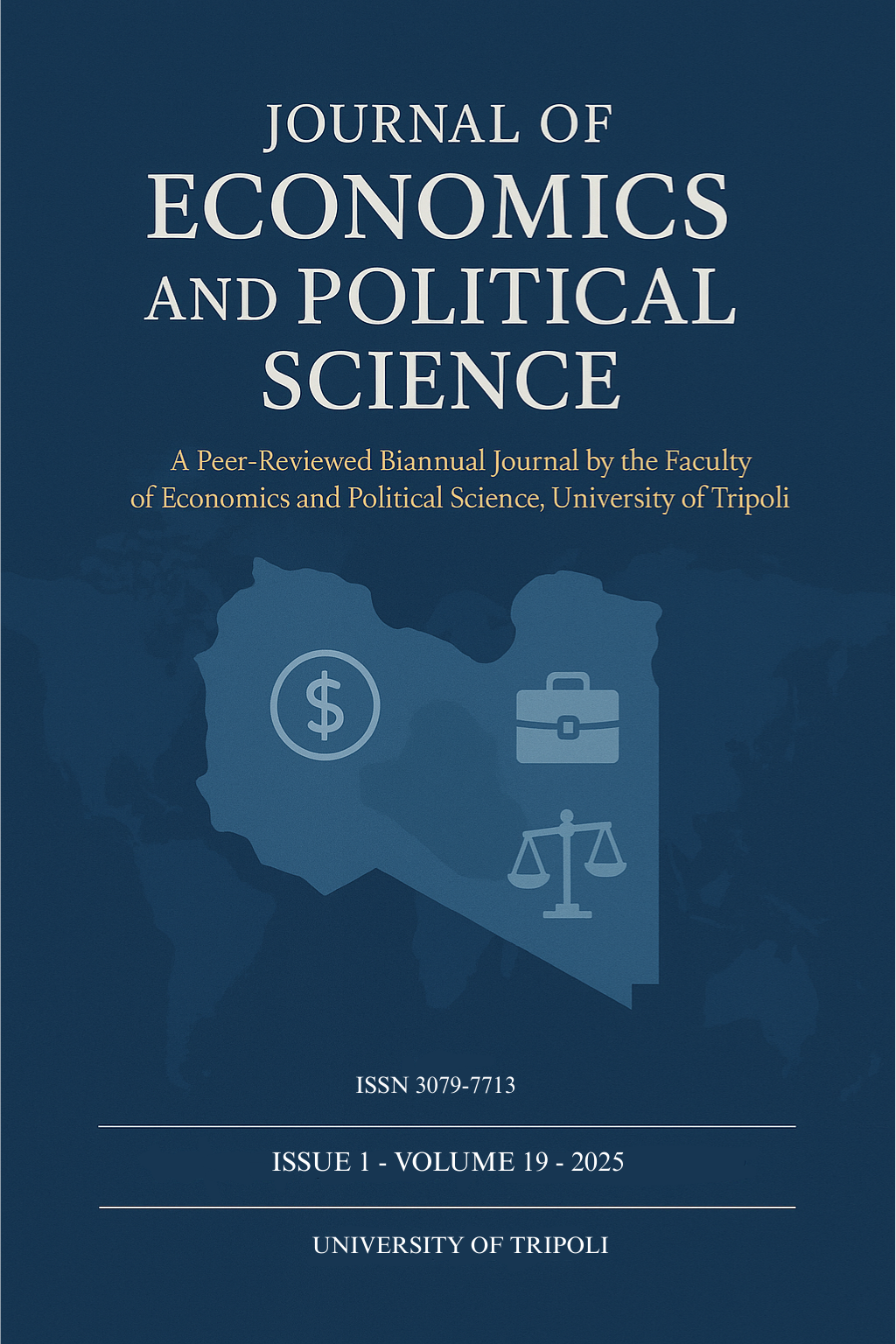Enhancing Financial Monitoring and Reporting with Artificial Intelligence
Keywords:
Artificial Intelligence, Financial Monitoring, Financial Reporting, Machine Learning, AutomationAbstract
The articulation of Artificial Intelligence (AI) which is being used to control financial monitoring and reporting has been a change of the typical habits, now giving more results, certainty, and more excitability. This study aims to shed light on the role of artificial intelligence in financial management, focusing on how they revolutionize monitoring and reporting. A combination of the latest technology and the proven facts of the survey we carried out is the basis of this study. It outlines the very effective application of AI-based tools in spotting and hence accurate prognosis of some trends as well as two-dimensional operation by the introduction of automation. As a result of the focus on AI capabilities, time-consuming and tedious tasks are eliminated. Besides anomalies and trends, proper handling of this data without human involvement is another significant capability. The benefits and costs of AI adoption in organizations are illustrated in detail in the study. Clearly, this enhanced financial reportage and compliance show that AI contributes to the further improvement of finance despite the fact that there are still problems concerning the data quality and the transparency of algorithms. The research completes with the suggestion for the best use of AI integration in financial contexts.

Downloads
Published
How to Cite
Issue
Section
License
Copyright (c) 2025 Journal of Economics and Political Sciences

This work is licensed under a Creative Commons Attribution 4.0 International License.
- The researcher must submit a commitment (according to the provided form) confirming that the scientific work submitted for publication in the journal has not been previously published in any form, is not under consideration for publication by any other entity, and is not a summary of any previously published work.
- All scientific work submitted for publication in the journal will be subjected to an approved software program to detect any violations of intellectual property laws (plagiarism) to ensure its academic integrity.
- In case of any violations of intellectual property laws, the scientific work will be permanently rejected for publication in the journal.
- The scientific work must be submitted in three printed copies (A4 size), along with one copy on a CD in Word format under the Windows operating system.
- The editorial board has the right to perform an initial review of the submitted scientific work to assess its suitability for peer review or to reject it.
- The editorial board has the right to request any documents deemed necessary to complete the initial review or peer review process, such as but not limited to: (statistical data analysis forms, questionnaires filled by respondents, reports, etc.).
- The researcher must complete the journal’s submission form, which includes necessary contact information.
- The period for submitting scientific work by researchers is as stated in the announcement for accepting submissions for publication in the journal.
- Submissions for publication can be delivered in person or via the journal's email.
- Priority will be given to applied scientific work (practical research), especially work that addresses current issues relevant to Libya.
- The arrangement of scientific works for publication in the journal will depend on technical considerations determined by the editorial board.
- The views expressed in the scientific work are those of the authors only and do not necessarily represent the views of the journal.
Accepted 2025-04-07
Published 2025-05-27











